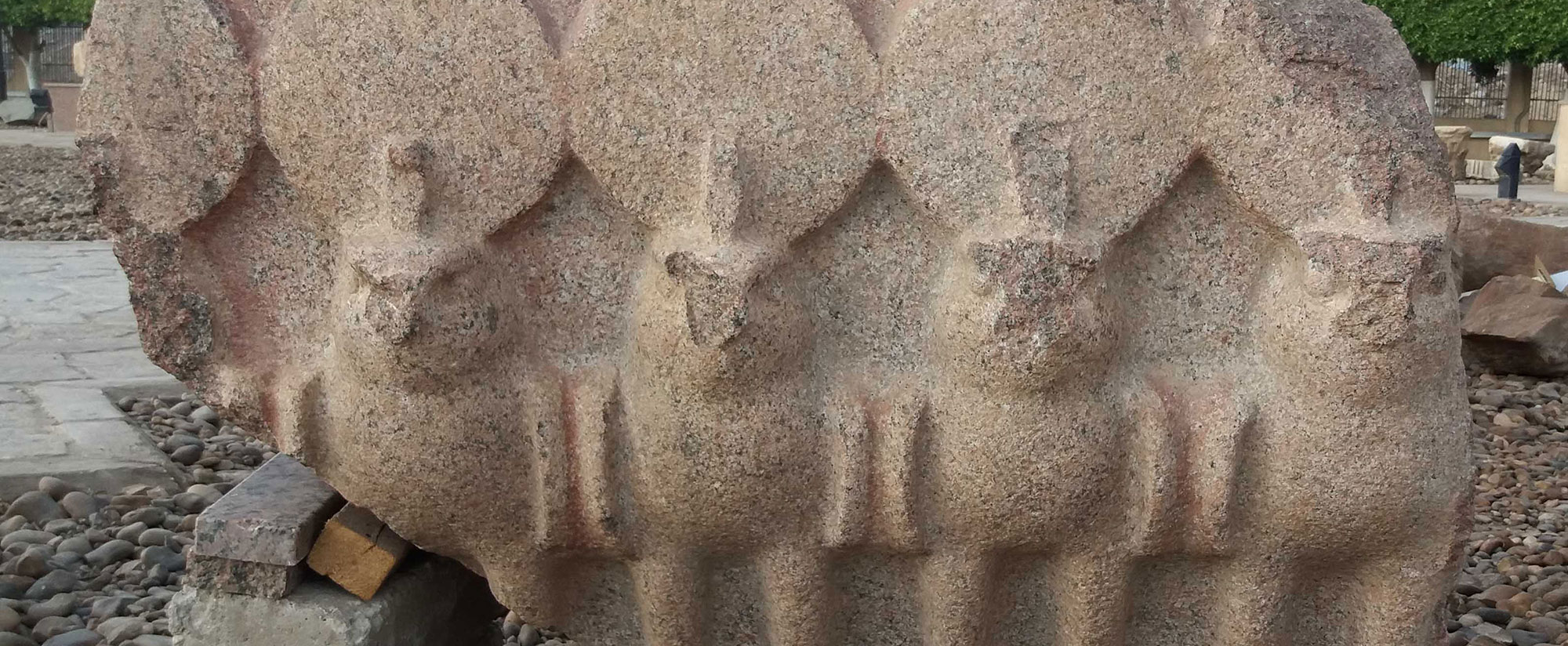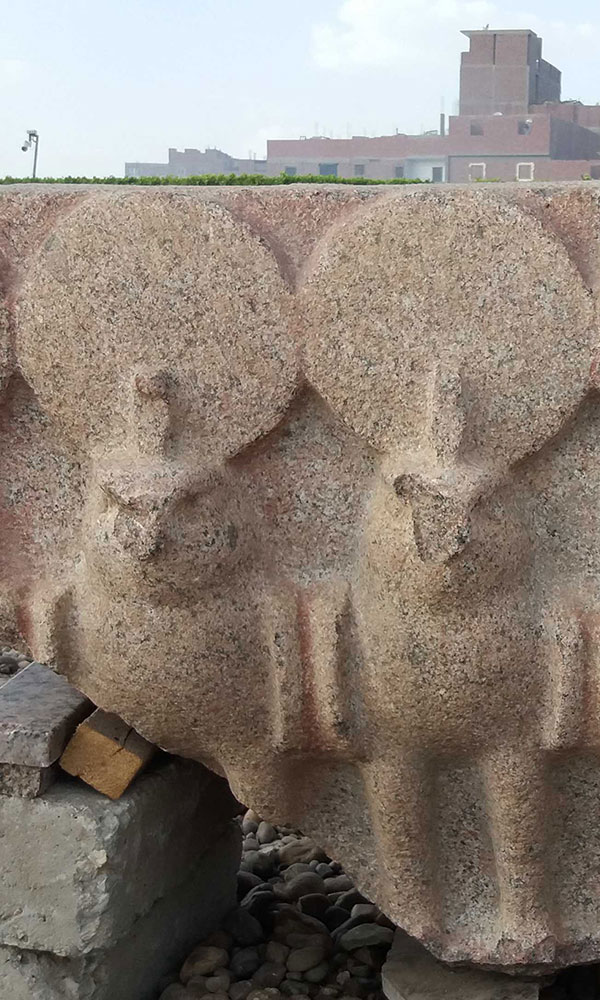BAGICZ, POLAND—According to a Science in Poland report, scientists from the University of Szczecin and the University of Warsaw examined the remains of a woman that eroded out of a cliff in northwestern Poland in the late nineteenth century. Estimated to have been between the ages of 20 and 35 at the time of her death, the woman suffered from osteoarthritis that may have been caused by hard physical labor. She was buried in a wooden log with a bone pin, a wooden stool, and a clasp, a bead necklace, and bracelets, all made of bronze. Fragments of woolen clothing and leather were also recovered. Radiocarbon dating of the woman’s skeleton indicates she died around A.D. 30, or about 100 years earlier than had been previously thought based on the style of the grave goods. The researchers looked for evidence of the woman’s diet in the chemical make-up of her teeth, since a diet heavy in ocean fish can skew the results of radiocarbon testing. “We didn’t find any traces of Baltic fish in her diet,” said Rafał Fetner of the University of Warsaw, “but she had consumed many animal products, as evidenced by the type of proteins preserved in her teeth.” This result surprised the team members because the woman was buried near the Baltic Sea coast. To read about an investigation into a much more recent period of Polish history, go to “Cold War Storage.”
Scientists Analyze 2,000-Year-Old Remains in Poland
News April 17, 2019
Recommended Articles
Top 10 Discoveries of 2020 January/February 2021
Largest Viking DNA Study
Northern Europe and Greenland
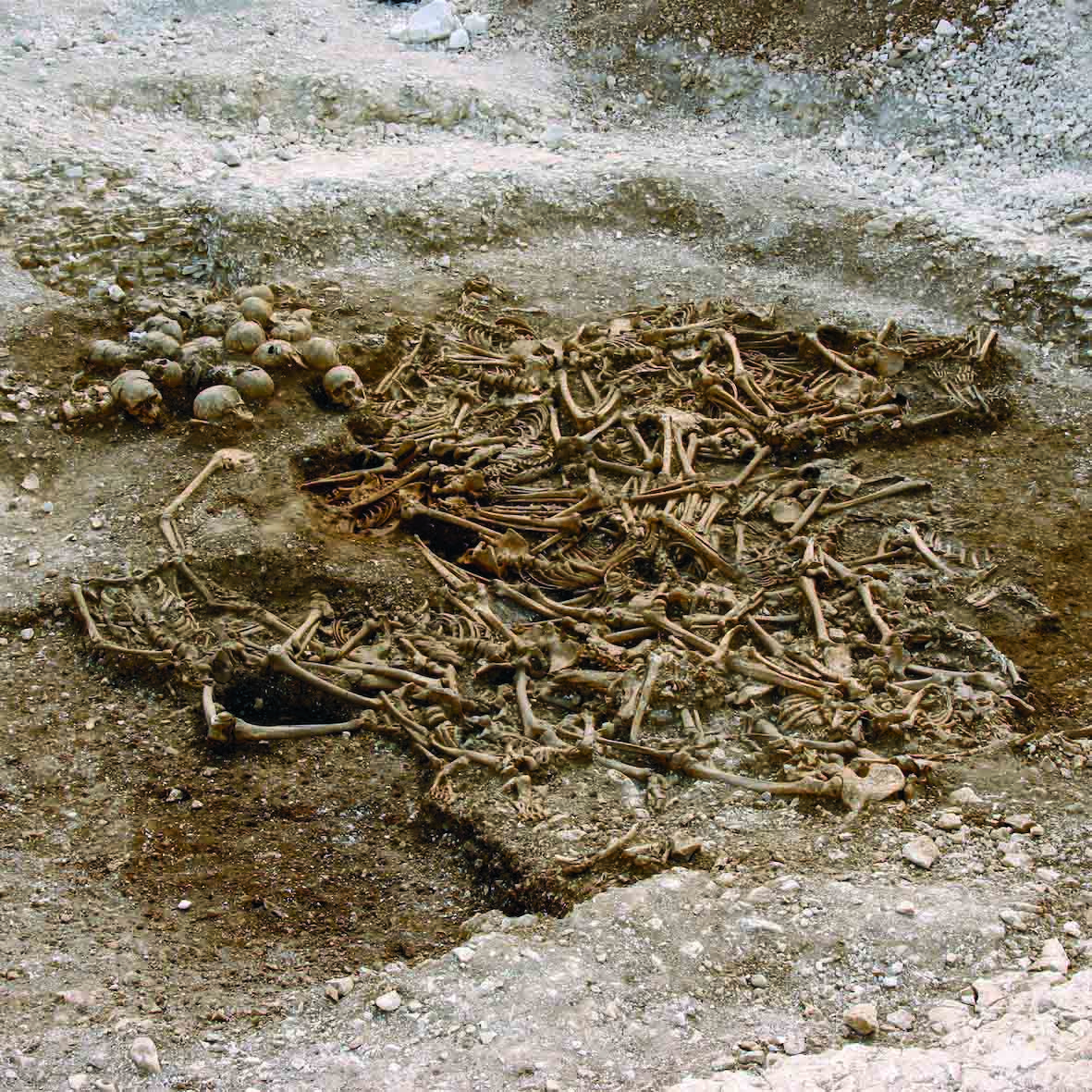
Digs & Discoveries November/December 2020
Honoring the Dead
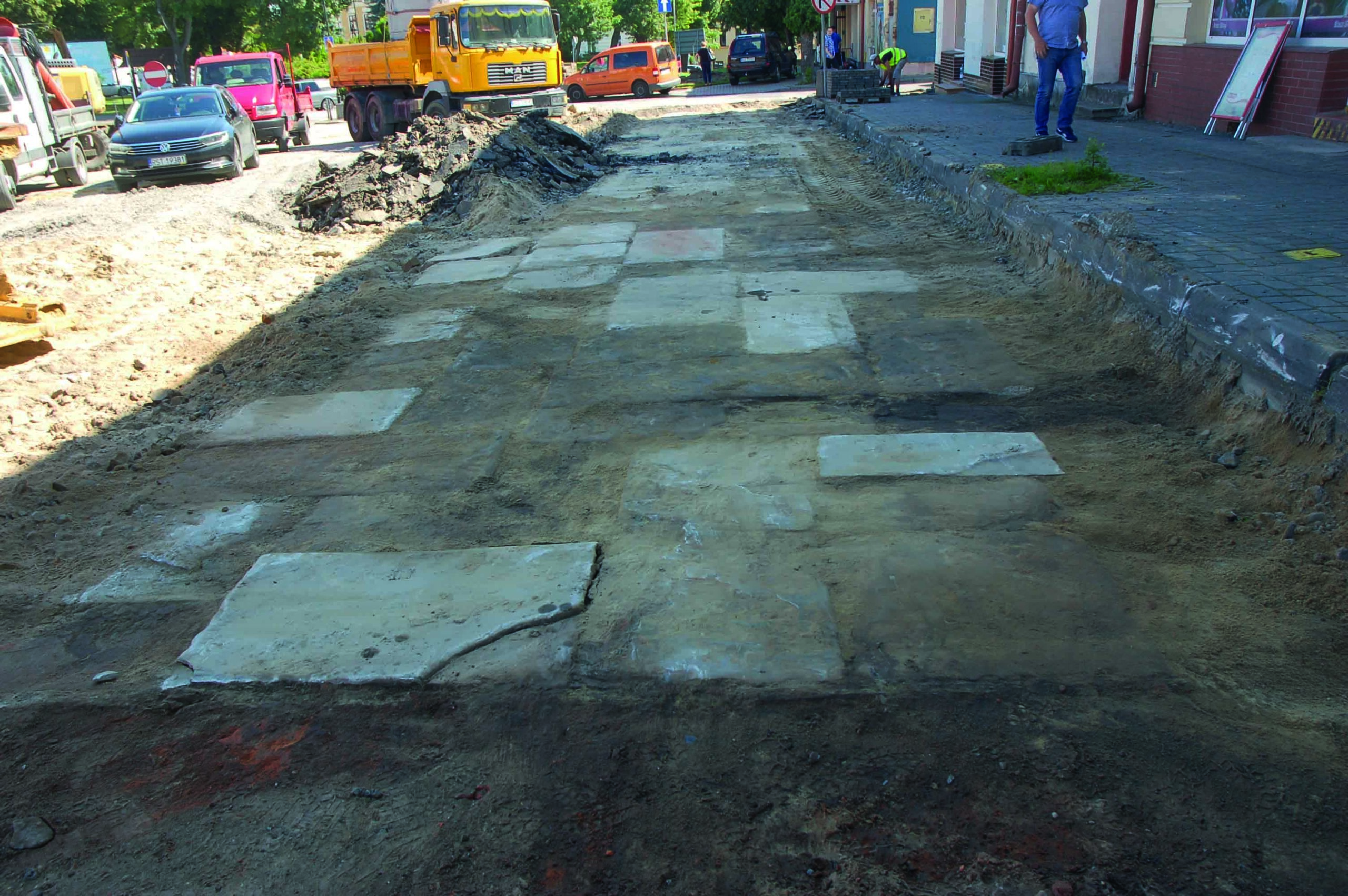
Digs & Discoveries November/December 2020
Piggy Playthings
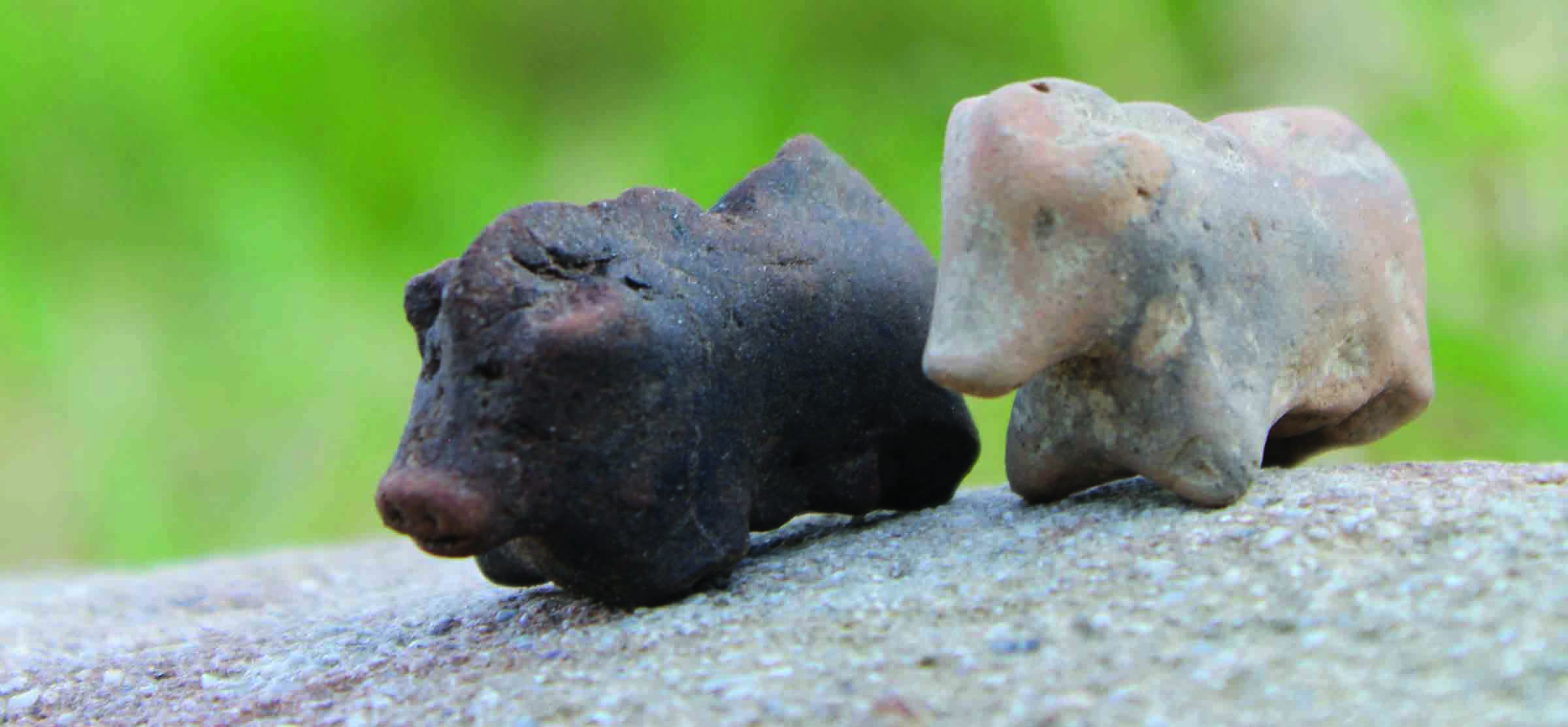
Artifacts May/June 2020
Torah Shield and Pointer
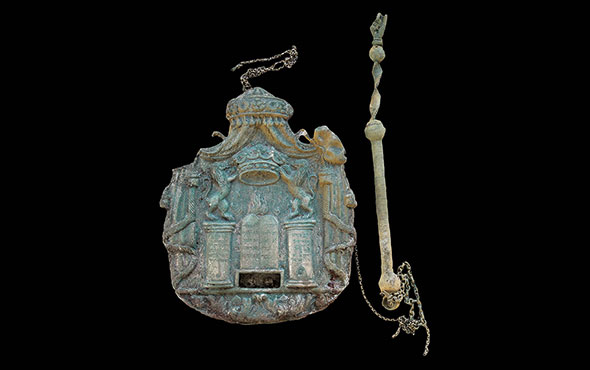
-
Features March/April 2019
Sicily's Lost Theater
Archaeologists resume the search for the home of drama in a majestic Greek sanctuary
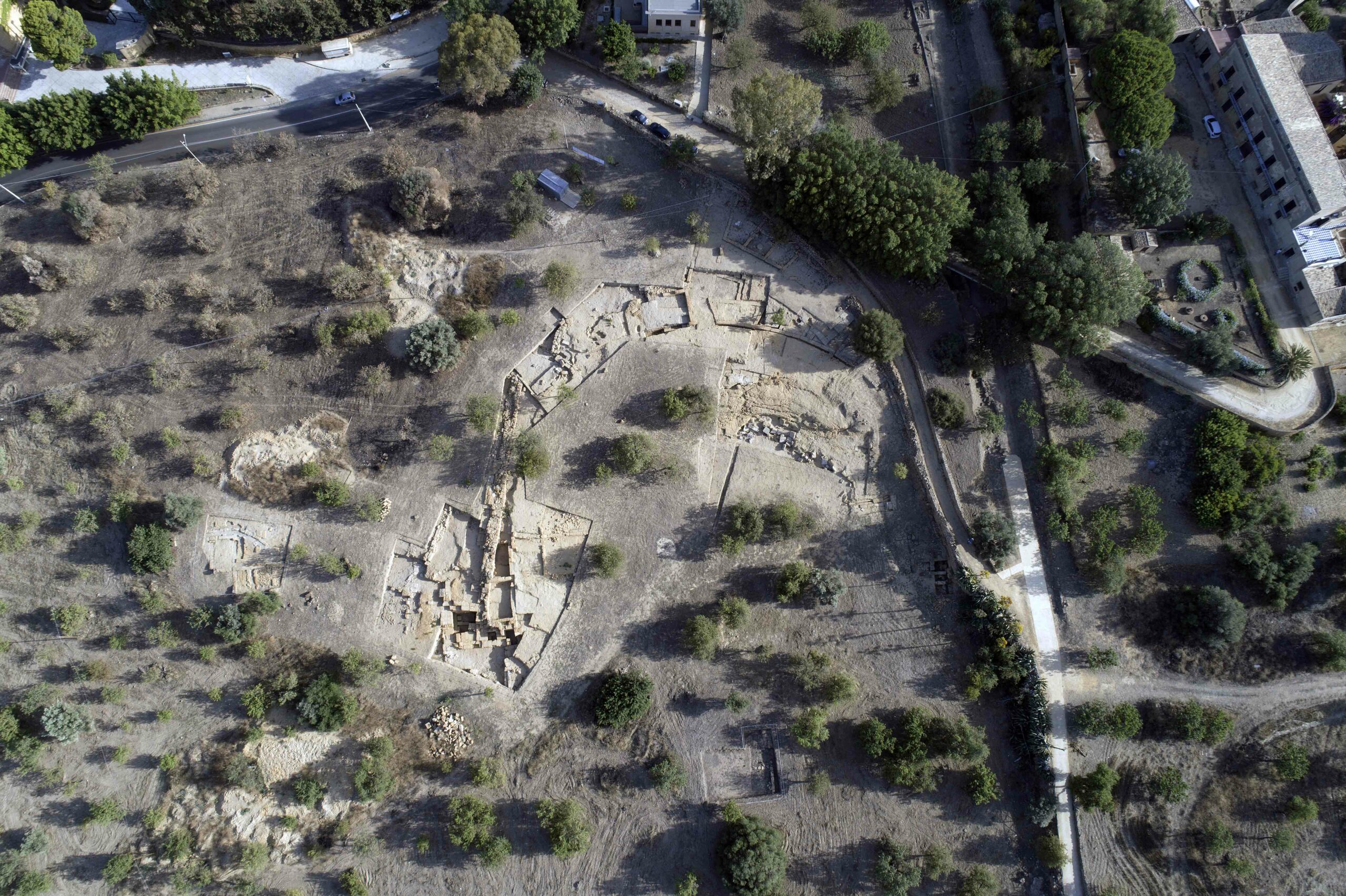 (Giuseppe Cavaleri)
(Giuseppe Cavaleri) -
Letter From Texas March/April 2019
On the Range
Excavations at a ranch in the southern High Plains show how generations of people adapted to an iconic Western landscape
 (Eric A. Powell)
(Eric A. Powell) -
Artifacts March/April 2019
Medieval Seal Stamp
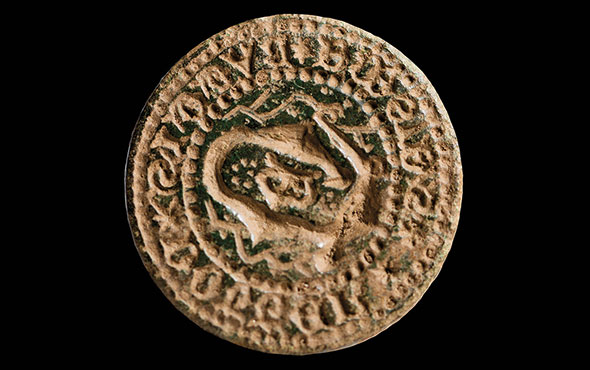 (Rikke Caroline Olsen/The National Museum of Denmark)
(Rikke Caroline Olsen/The National Museum of Denmark) -
Digs & Discoveries March/April 2019
Fairfield's Rebirth in 3-D
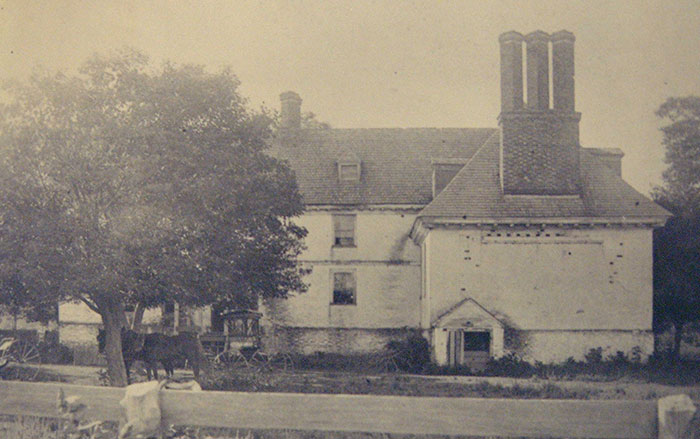 (Virginia Department of Historic Resources)
(Virginia Department of Historic Resources)


